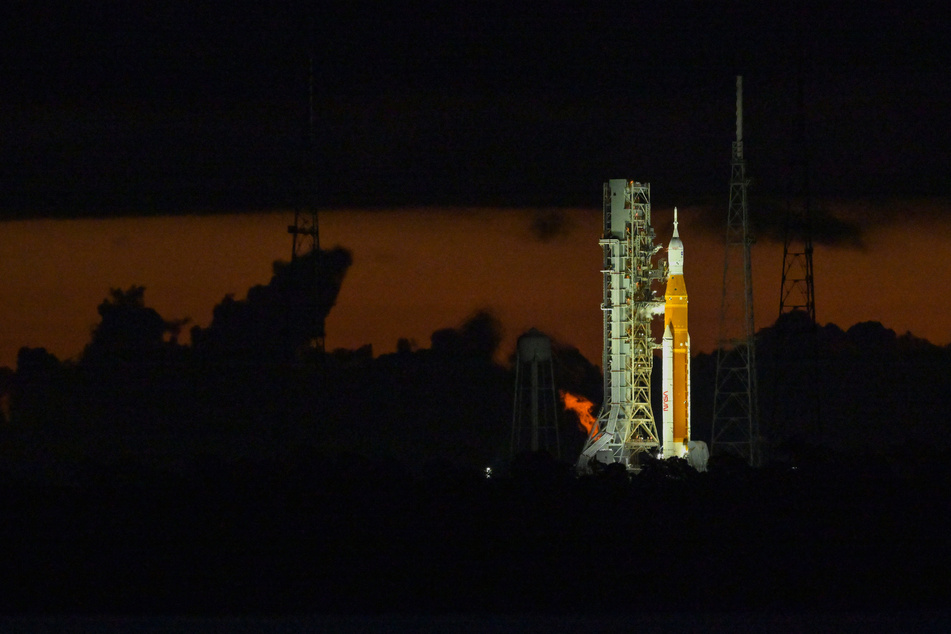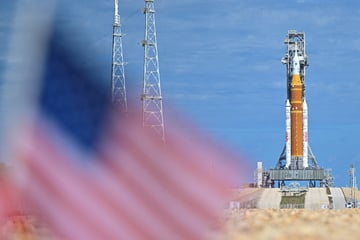NASA Artemis 1 Moon rocket launch postponed after engine issue
Cape Canaveral, Florida - NASA’s Artemis 1 Moon rocket launch has been postponed due to a problem with one of the engines.

The rocket had been due to take off from the Kennedy Space Center in Cape Canaveral, Florida, during a two-hour window after 8:33 AM EST, but was called off by the launch director moments before.
The space agency said, "Launch director Charlie Blackwell-Thompson has called a scrub of the attempt of the launch of Artemis 1."
"The issue that came up was an engine bleed which couldn’t be remedied but the rocket is currently in a stable configuration."
"It was mostly tanked but not completely tanked."
"Engineers are now working on a plan to continue gathering data about this particular engine and the bleed that didn’t work out."
NASA added that the first opportunity for the next launch attempt will be September 2, depending on how the engine issue develops.
The unmanned flight marks the next chapter in putting humans back on the Moon, and is the first in NASA’s Artemis program.
There will be astronauts on board for subsequent missions, with the first crewed flight into space scheduled for 2024.
The delayed test flight this year should see the first launch of the new 322-foot-tall Space Launch System (SLS) rocket, the world’s most powerful rocket to date.
It will take the Orion capsule, powered by the Airbus-built European Service Module (ESM), into the Moon’s orbit.
Artemis mission to take humans to the Moon for first time in 50 years
Humans last reached the Moon some 50 years ago, and the latest mission is about proving people can make longer and more sustainable trips there.
It will also assess whether some infrastructure can be built on and around the Moon, allowing humans to survive on another planetary body.
The mission duration is 42 days, 3 hours, and 20 minutes, and in total it will travel 1.3 million miles.
Cover photo: REUTERS
